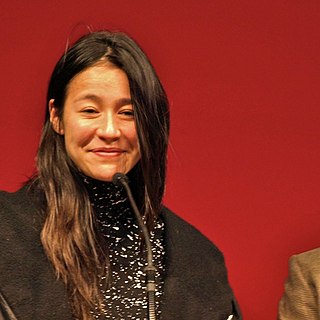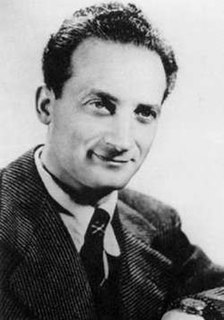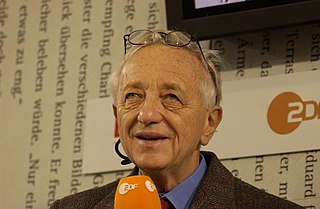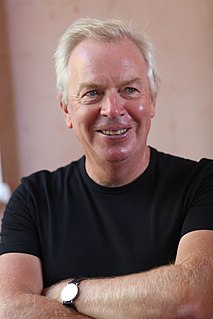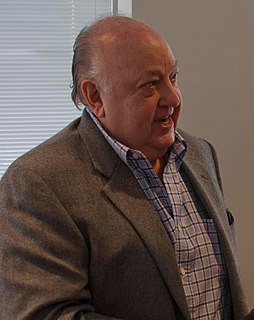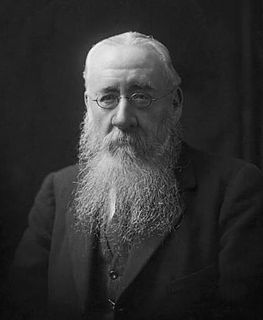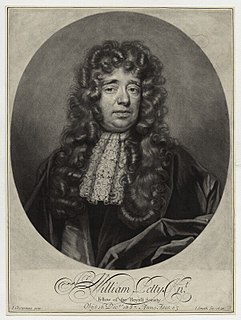A Quote by Yehuda Amichai
The phrase I like to use to describe my sense of time-a play on comparative literature - is comparative time.
Quote Topics
Related Quotes
The whole famous Reign of Terror [of the 1790s] in fifteen months guillotined 2,596 aristos. The Versaillists [the anti-Communards of 1871] executed 20,000 before their firing squads in one week. Do these figures represent the comparative efficiency of guillotine and modern rifle or the comparative cruelty of upper and lower class mobs?
I like to be surrounded by books. My wife Evelyn has a PhD in comparative literature so we have a lot of her Spanish and German literature books which are wasted on me, plus a lot of novels and books on art and architecture shared by us both. Evelyn used to edit an art magazine called FMR, so we have a common interest in design.
I like to be surrounded by books. My wife Evelyn has a Ph.D. in comparative literature, so we have a lot of her Spanish and German literature books which are wasted on me, plus a lot of novels and books on art and architecture shared by us both. Evelyn used to edit an art magazine called 'FMR,' so we have a common interest in design.
English is, from my point of view as an Americanist, an ethnicity. And English literature should be studied in Comparative Literature. And American literature should be a discipline, certainly growing from England and France, Germany, Spain, Denmark, and the Native traditions, particularly because those helped form the American canon. Those are our backgrounds. And then we'd be doing it the way it ought to be done. And someday I hope that it will be.
The method I take to do this is not yet very usual; for instead of using only comparative and superlative Words, and intellectual Arguments, I have taken the course (as a Specimen of the Political Arithmetic I have long aimed at) to express myself in Terms of Number, Weight, or Measure; to use only Arguments of Sense, and to consider only such Causes, as have visible Foundations in Nature.


